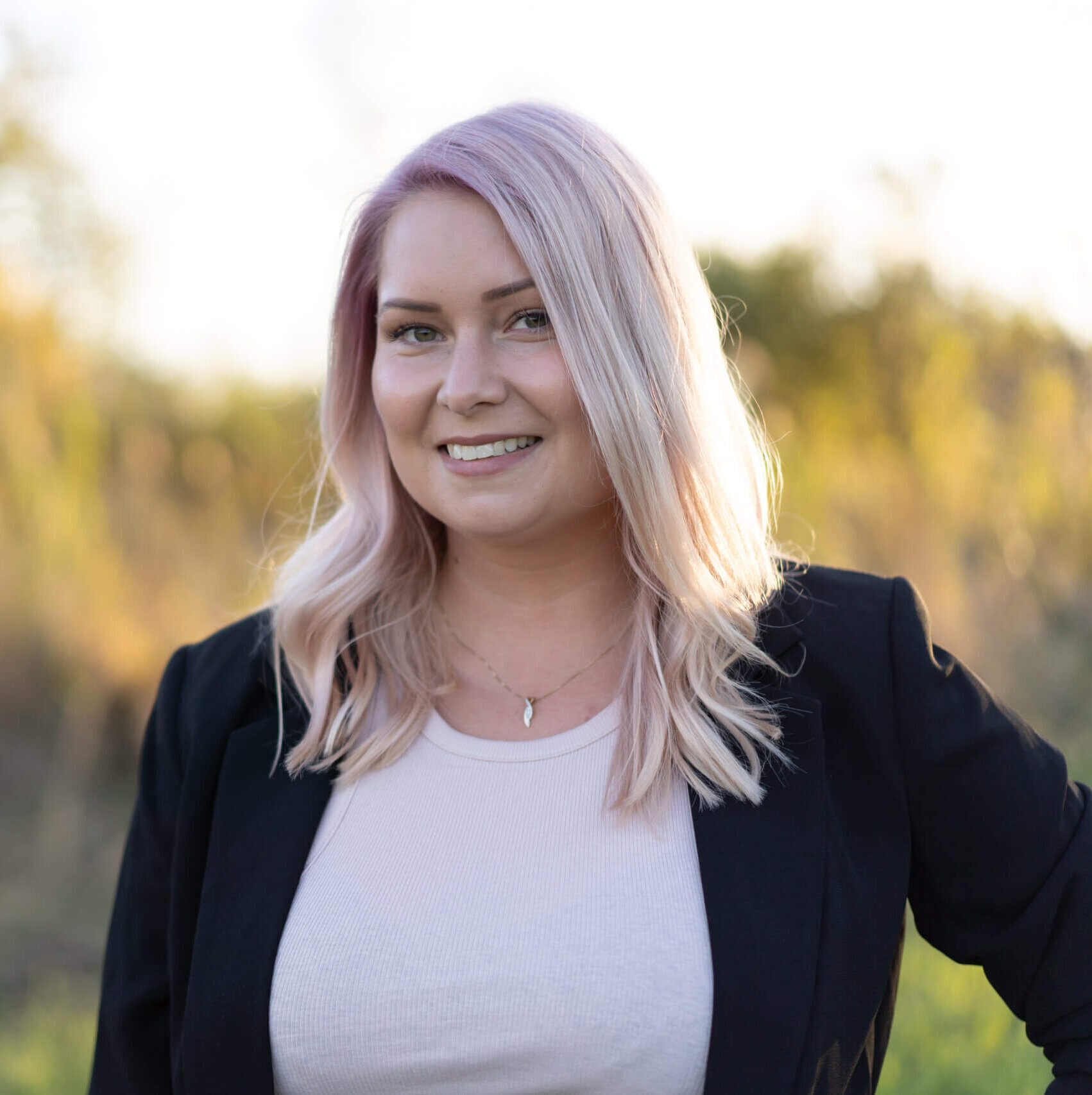Let’s Rethink New Year’s Resolutions
The holidays are often a challenging time for those struggling with body image issues or living with eating disorders. There is usually a lot of talk about “overindulging during the holidays” or “New Year’s Resolutions.”
Diet culture will make us believe that we need to compensate for eating, resting, or sharing meals with loved ones. This is harmful to all of us and particularly to those who are trying to recover from living with an eating disorder. These conversations have long been the “norm” in western society, but it’s time that changes.
This year, ditch the diet culture mentality, especially around loved ones who may be influenced by what they hear in these conversations. Adolescents and young adults are especially vulnerable to this kind of talk and are often influenced by those around them. Instead, let’s choose to be a source of support and a positive influence in those otherwise harmful conversations. Here are a couple of tips to get through this time of year without doing harm.
Skip the New Year’s Resolution (Or Change Up the Usual Ones)
The New Year is a great time to reflect on past accomplishments and all that has happened throughout the previous year. Yet, it doesn’t have to be about resolutions. If we still want to set some goals for the new year we can make them about weight-neutral topics, like learning a new language, spending more time with loved ones, or mastering a new skill. Leave behind the diet talk or desire to look a certain way. If you’re a parent, model weight-neutral goals and if your child is setting goals, encourage them to also set weight-neutral goals.

Parties and Eating Disorder Recovery
Social gatherings can be difficult, especially because we’re still navigating what the new normal with COVID-19 looks like. One thing we can do to help ourselves navigate parties in recovery is to find a support person who can help us out. The support person can help us navigate food and help us set boundaries at events or parties. A support person can be a parent, other family members, or a friend that we can trust.
Eating at Parties
We may celebrate New Year’s by attending an event or party, and oftentimes these events or parties have food. To navigate eating disorders and the holidays, we can remind ourselves that no food is “good” or “bad.”
Before we go to the event or party, we can update our support person on our eating disorder recovery meal plan. Our support person can help us make food choices that are consistent with our meal plan at the event or party. They can also help us when we’re eating by providing meal support.
Set Boundaries at Get-Togethers
Sometimes friends or family have good intentions but don’t realize that their comments about “eating too much,” “trying a new diet,” or “needing to work off that holiday dinner” can be harmful. We can let them know that those aren’t the types of discussions we want to have and leave weight-centric comments at the door. Alternatively, a support person can help steer conversations away from triggering topics such as weight or food. They could also help divert the conversation when these things come up.
Diet Culture
Comments should never be made about someone’s appearance – whether good OR bad. This gives the idea that we are more or less worthy based on how we look. If you’re a parent, your child may also pick up on how you comment on the appearance of others – and even yourself. This can be harmful to your child.
Challenge Diet Culture
We may hear a lot of diet culture around the holidays. Let’s re-frame some harmful diet culture phrases:
- “I’m saving up for a treat meal.” becomes “I am looking forward to sharing a delicious meal with my loved ones.”
- “My New Year’s Resolution is to lose weight.” becomes “I am going to eat to nourish my body so I feel my best.”
- “You lost weight and look great!” becomes “I’m so happy to be able to see you and spend time with you.”
How We Can Help
If you are worried your child may be living with an eating disorder and would like to learn more about how Change Creates Change can help, you can book a free consultation call with us.
If you are a parent of a child living with an eating disorder and want to learn more about how you can support them, sign up for our free on-demand webinar made especially for parents, First, Do No Harm.


